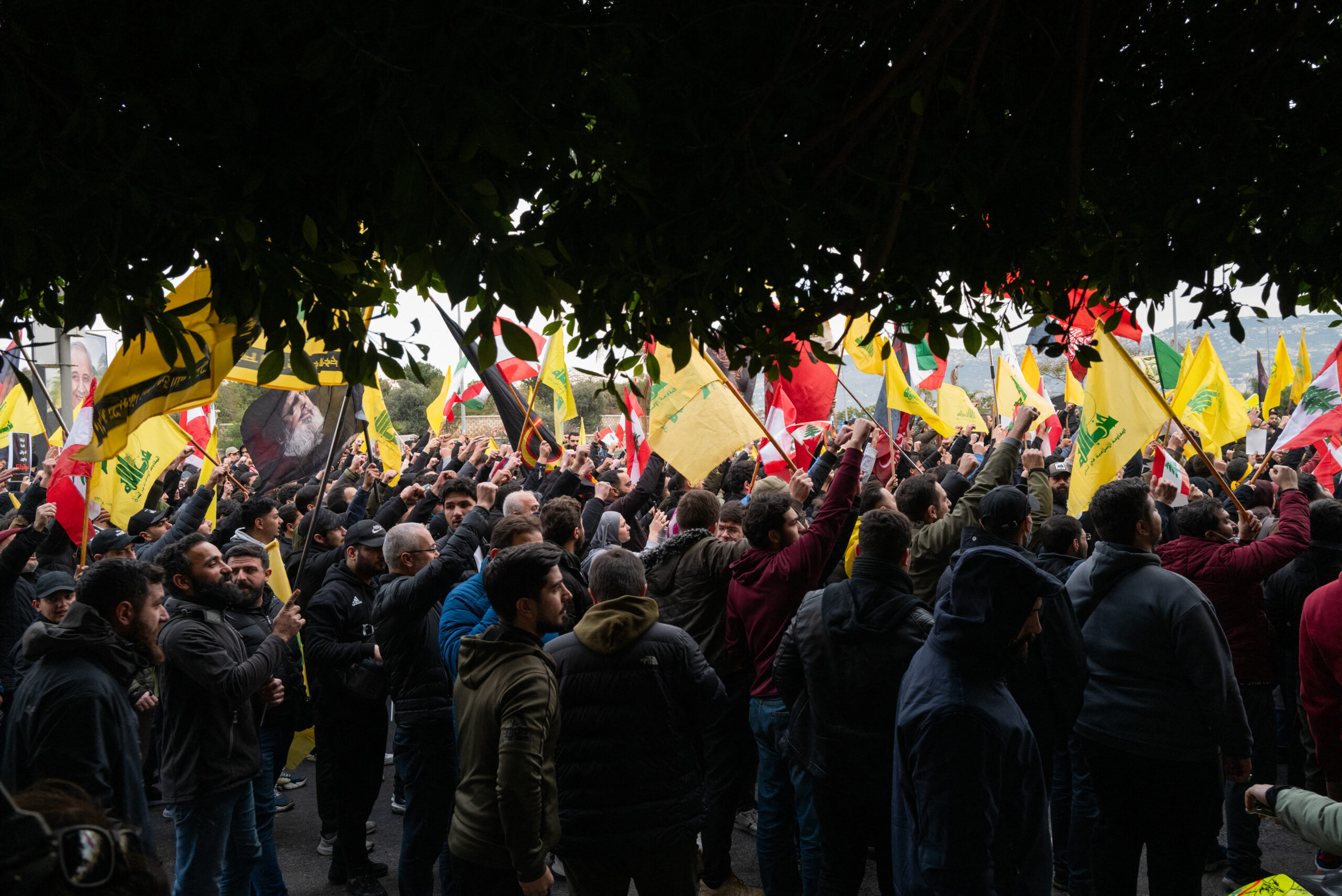Lebanon’s government denied permission for Iranian flights to land in Beirut this week, prompted by concerns from the United States that Israel might take military action against the aircraft. A Lebanese security source disclosed on Saturday that the first refusal occurred on Thursday when Lebanese authorities instructed an Iranian flight not to depart for the Lebanese capital.
The decision was reportedly influenced by a warning relayed from the American side, indicating that Israel had communicated its intention to target the airport if the Iranian plane were to land. “The American side told the Lebanese side that Israel was serious about its threat,” the source stated, highlighting the tense diplomatic climate surrounding the situation. After consulting with the Prime Minister and President, the Ministry of Public Works and Transport in Lebanon ultimately refused the flight clearance.
Reports indicated that the message to halt the flight was communicated before the plane had a chance to take off, showcasing the swift response from the Lebanese authorities. A second Iranian flight faced similar restrictions on Friday, leading to protests from supporters of the Iran-backed Hezbollah group, who blocked access to Beirut’s only international airport.
In response to the protests and the escalating situation, Lebanese Prime Minister Nawaf Salam emphasized that “the security of Beirut airport takes precedence over any other consideration.” He further asserted that the safety of travelers and citizens was a priority that the government would not compromise on, reflecting the delicate balance the administration seeks to maintain amid regional tensions.
Israel has frequently accused Hezbollah of utilizing the airport to facilitate the transport of weapons from Iran, a claim that both Hezbollah and various Lebanese leaders have consistently denied. These recent incidents occur against the backdrop of a fragile ceasefire that has been in effect since November 27, following over a year of hostilities, including two months of open conflict between Israel and Hezbollah.
As diplomatic and security dynamics continue to evolve, Lebanon finds itself caught in a complex web of regional politics, with the safety and security of its citizens and infrastructure at the forefront of government considerations.







